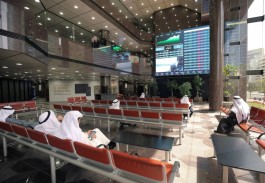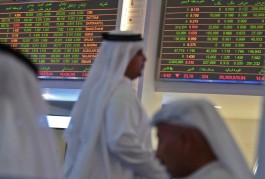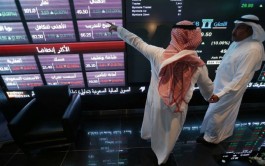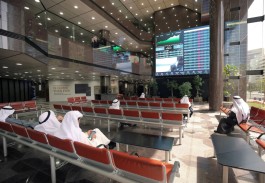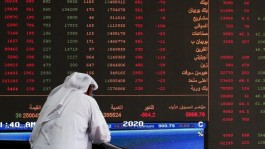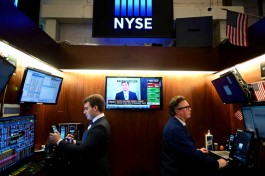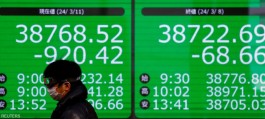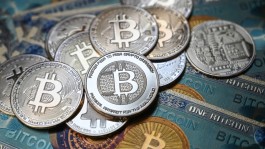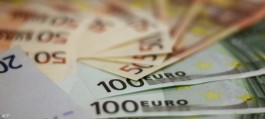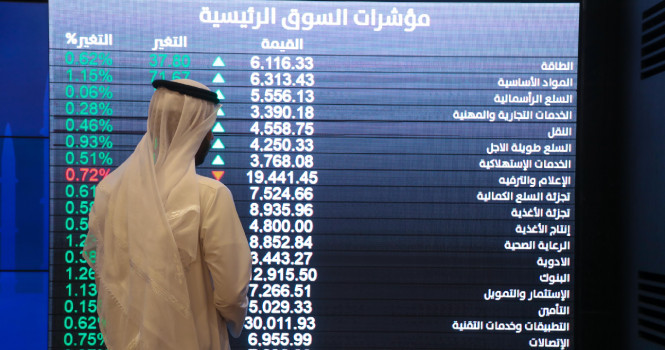The Saudi market index ended the transactions of the second quarter of this year, with an increase of 8.2%, equivalent to 869 points, to close at 11459 points, compared to its closing at 10590 points at the end of the first quarter.
Thus, the market index recorded the largest quarterly gain since the first quarter of 2022, to end the first half, up by 9.4%, equivalent to 981 points.
The Saudi market index rose by 1.1%, equivalent to 112 points, during the first quarter of this year.
The second quarter of this year witnessed several events, the most important of which are :
Raising the rate of reverse repurchase agreements (reverse repo) to 525 basis points (5.25%), and raising the rate of repurchase agreements (repo) to 575 basis points (5.75%).
The Federal Reserve in June kept interest rates unchanged, in the first stabilization of borrowing costs since the tightening cycle began 15 months ago.
OPEC Plus members agreed on a new target level of production at 40.46 million barrels per day during the whole year 2024, which means reducing the target production level by 1.4 million barrels per day from the current production targets.
The decision included Saudi Arabia making a voluntary cut of 500,000 barrels per day, in addition to its decision to implement an additional voluntary cut of one million barrels per day, starting next July for a month.
-Several companies in the Saudi market recommended splitting the nominal value of their shares with the entry into force of the new companies’ system, and the general assembly of 11 companies listed on TASI approved the decision, and their shares began trading at the new price.
- The Capital Market Authority has approved the rules governing foreign investment in securities, the amended investment accounts instructions, and the amendment of the executive regulations of the companies’ system for listed joint-stock companies.
The Saudi Tadawul Company announced the completion of the implementation of six new improvements, which included canceling regular deals in the main market, changing the mechanism for calculating the closing price of debt instruments and exchange-traded funds by calculating the average price, cancellation orders when the connection is disconnected, the price request service for negotiated deals, and the execution copy service. client along with a number of structural improvements aimed at developing the debt instruments market.









